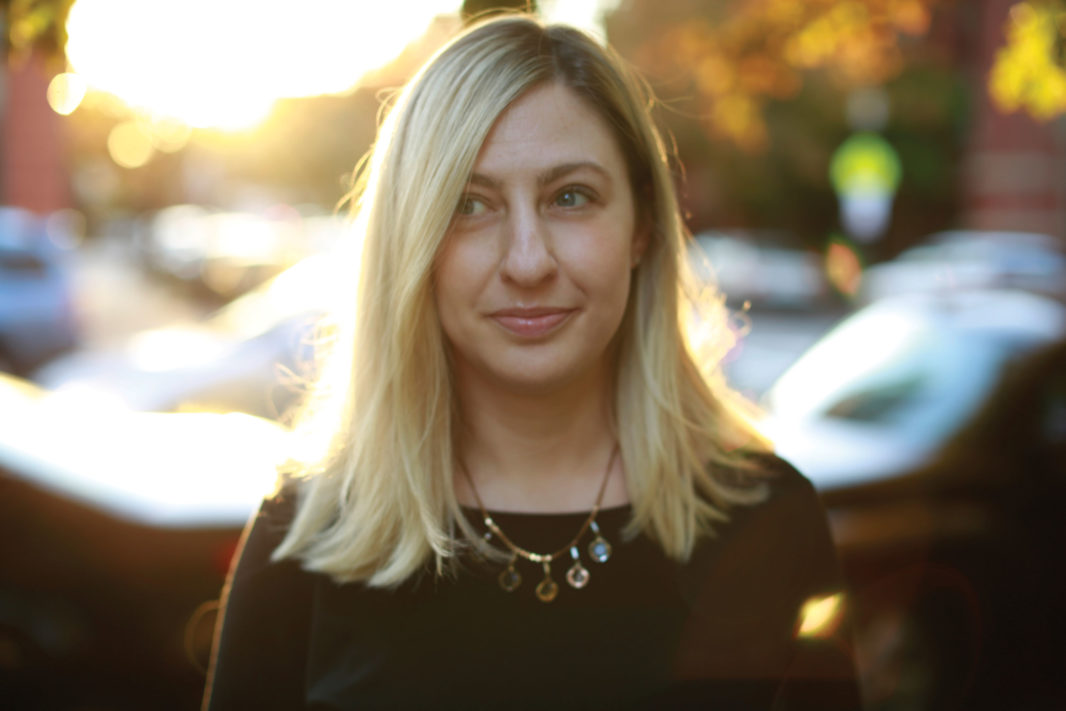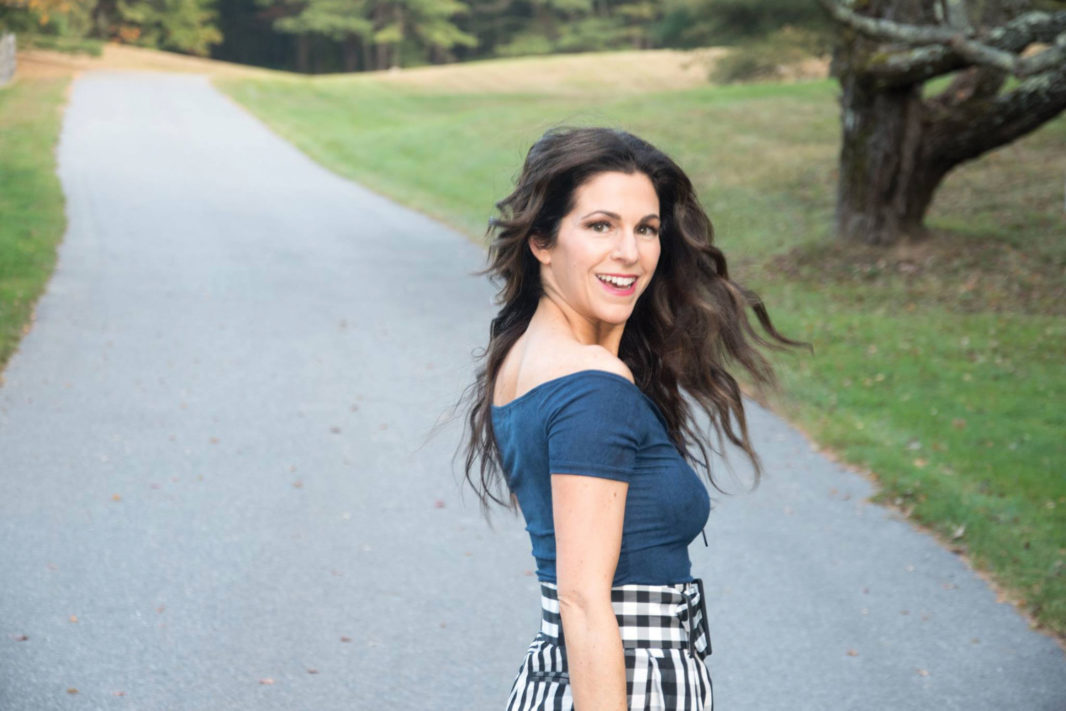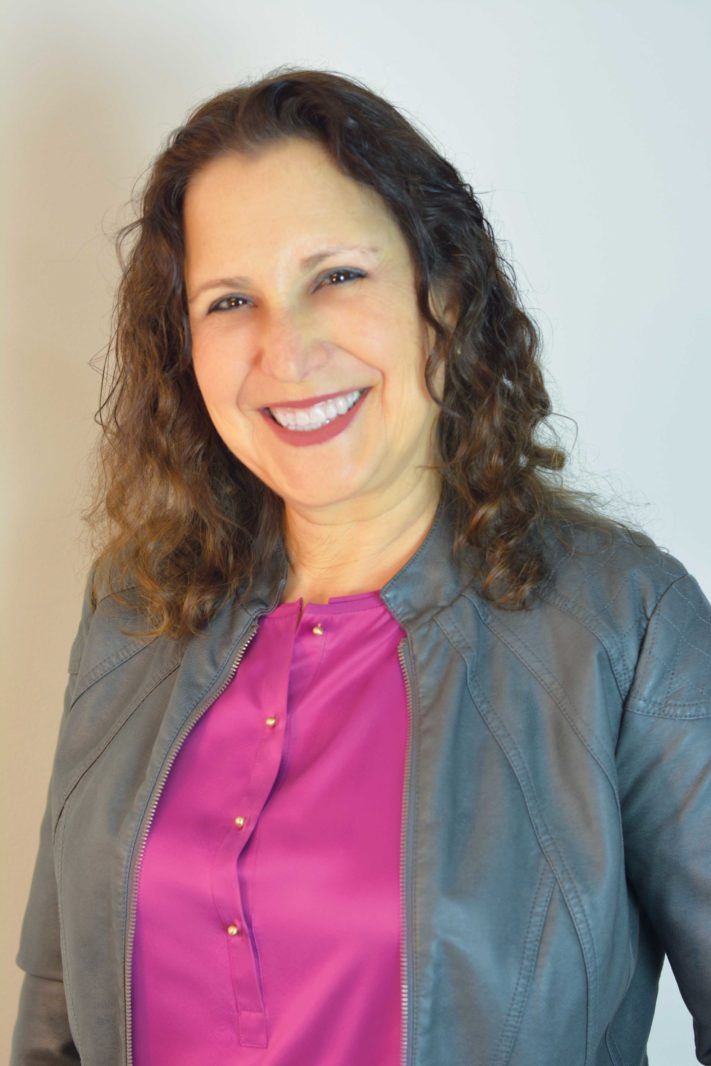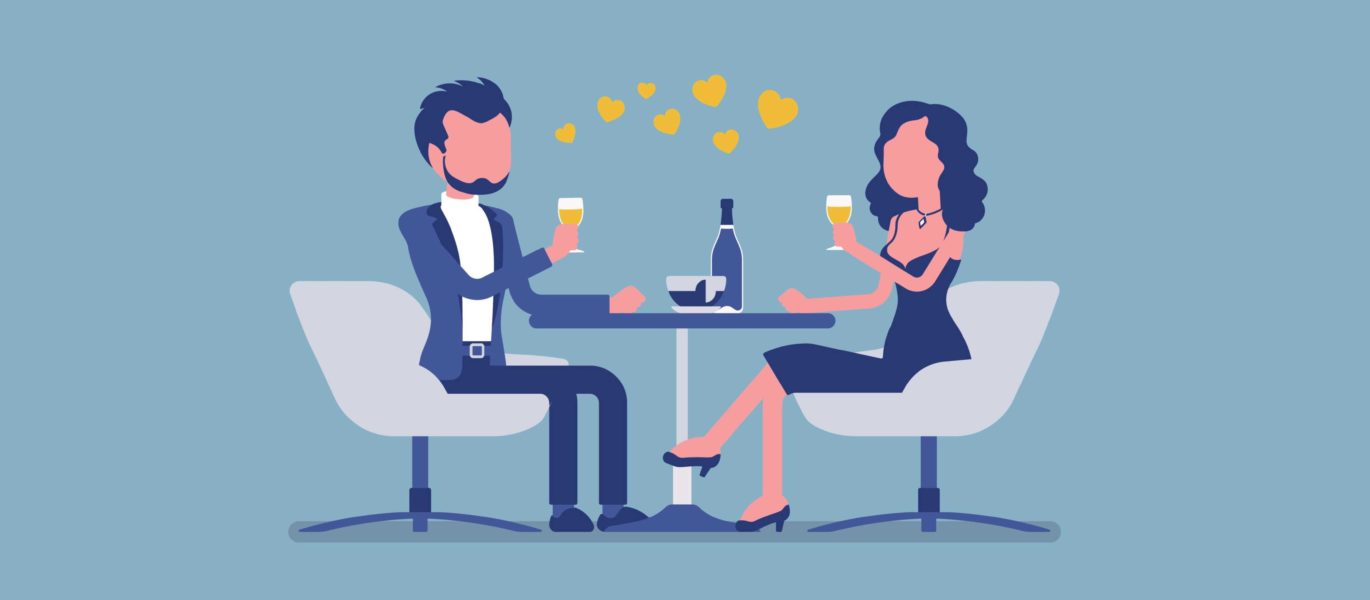Let’s face it: Dating at any age can be a bit daunting, but once you’ve hit your 40s, you’re dealing with a whole new set of challenges. At this point your baggage might include a divorce, a couple of kids in tow, and a rewarding but stressful career. Where, then, do you find the time to fit in love? Or, perhaps you’ve delayed marriage, and now, well-established in your career, you don’t want to miss out on finding a companion (and maybe even a child).
Whatever your situation, no doubt you have a pretty full life. Yet that someone special remains elusive. So, what do you do?
We gathered a panel of three dating and relationship experts to help answer that question.
Expert 1: Meredith Goldstein’s advice column “Love Letters,” a daily dispatch of wisdom for the lovelorn, has been running online and in print in The Boston Globe since 2009. Goldstein, who also hosts a “Love Letters” podcast, has published several books including “Chemistry Lessons,” a novel about a young woman who uses science to manipulate her love life.
Expert 2: Neely Steinberg is a dating coach, image consultant and founder of “The Love TREP,” a service and website, that, says Steinberg, “teaches women how to be the CEO and entrepreneur of their dating and love lives.”
Expert 3: Dating and women’s empowerment coach Sandy Weiner is a TedX speaker and the founder of two websites: LastFirstDate.com, which offers coaching and other services for women looking to find love, and TheWomanofValue.com, which includes lectures and workshops to help women build their leadership and communication skills.
Put all three of these ladies together in conversation and you get a lot of advice about the best way to navigate the complicated field of dating, midlife in the 21st century. Here’s what they had to say. …
Dating in Your 40s v. Your 20s.

“PEOPLE SHOULD NOT THINK [LOVE] IS NOT A WORTHY INVESTMENT. WE INVEST IN THINGS THAT MAKE OUR LIFE BETTER..”
– MEREDITH GOLDSTEIN
Steinberg agrees, adding, “When you are older, you do become more set in your ways, a little bit less flexible and compromising as to what you want in a partner. You know yourself better, so you are less likely to settle for a match that is simply not good for you. The trick is, how do you find balance?”
“I think the balance lies in being specific about the values and character traits that you share,” interjects Weiner. “For example, your religious and ethnic beliefs might have become more flexible, or you might be OK with a long-distance relationship because you might be open to moving somewhere else. Values such as kindness, generosity of heart, someone who loves to learn, might have become very important to you. Someone who states, ‘Sorry, but this is the way I am,’ can become a real turnoff.”
Digital Dating: Minefield or Opportunity?

“YOU DO BECOME A LITTLE BIT LESS COMPROMISING AS TO WHAT YOU WANT IN A PARTNER. YOU KNOW YOURSELF BETTER, SO YOU ARE LESS LIKELY TO SETTLE.”
– NEELY STEINBERG
All three experts believe that dating websites and apps can be beneficial in looking for a love match, if used in the right way. “You have to look for the good in technology. It has a lot to offer people,” says Steinberg. “But it doesn’t have to be an ‘either or’ situation: You can both try to meet someone organically, and use the technology. When you feel burned out from one, then lean more on the other.”
Weiner agrees, “Maximize those [digital] opportunities. Make sure you have great photos and a good profile, and limit how often you go online so you don’t get burned out. But, also, when you are out and about, connect with people. Chat with someone at the drugstore. Try to be playful and conversational. Learn how to flirt again, and ask friends for setups!”
Goldstein adds, “For a single mother who lives in the suburbs and has no options beyond a setup, [online dating sites] has opened a lot of doors.” As for which sites and apps are the best, Goldstein says, “I tend to not recommend a specific platform, except to say there are sites for people over a certain age.”
Steinberg thinks signing up for a traditional site like Match.com, “which has the largest pool,” she notes, and one app, like Bumble, is a good idea. Weiner agrees that Match, Bumble and Tinder are good choices for older daters.
Money Can’t Buy You Love — Or Can It?

“CONNECT WITH PEOPLE. CHAT WITH SOMEONE AT THE DRUGSTORE. TRY TO BE PLAYFUL AND CONVERSATIONAL. LEARN HOW TO FLIRT AGAIN, AND ASK FRIENDS FOR SETUPS!.”
– SANDY WEINER
On the tricky subject of money, all three experts agree that some sort of investment is inevitable, if you are serious about dating.
Goldstein remarks, “It’s a bit like gambling. You have to know what is reasonable for your situation, but one thing I have learned is that people should not think it is not a worthy investment. We invest in things that make our life better.”
Weiner agrees that the financial investment, including a coach to support you, is a wise choice. “Women invest in clothing, getting their hair and nails done. I honestly see women spending too much time getting ready for a date. Don’t drain the bank account spending so much money ‘looking good.’ It’s better that you learn to be comfortable with your looks and who you are, and just show up on a date as themselves, something I see women learn as they get older.”
Steinberg feels you need to get real with your priorities. “There is a stigma, and maybe even a sense of disappointment, that you have to hire someone to help with your love life. I have also worked with a lot of older women who at first say they don’t have the money to invest, but in fact, they really do. If you are making finding someone a priority, you will find a way to make the money situation work. There comes a time when you have to put a stake in the ground and make the investment.”
Dating sites like Match.com run about $25 a month; dating apps like Tinder and Bumble are free, but offer premium upgrades. Personal, one-on-one dating coaches can run the gamut from $75 to $300 or more per hour, and also offer specific, all-inclusive packages.
First Date Ground Rules
You’re not in your 20s anymore, and you have no idea what proper etiquette — or expectations — entails. When first dating, at what point do you invite someone to your home? How long do you keep the dating spots public destinations? How long should the first date be?
Goldstein thinks it’s something you can feel your way through. “I hate to be vague, but I love to tell people to go with their gut. Sometimes, after six dates, you still don’t want someone to know where you live. We are all trying to figure out when it’s appropriate to trust someone. With some people, you feel emotional intimacy rather quickly, with others it takes time. First dates should be in a public meeting place; I suggest coffee or drinks. Be honest with yourself. You might feel it’s easier to do that as opposed to committing to a full meal for that first date.”
“Pick a place that is in a different neighborhood than your usual favorite place,” she adds. “That way, you don’t run the risk of running into someone you know, which can be awkward on a first date, or, conversely, turning your date onto your favorite spot, if things don’t work out.”
Steinberg urges, “Look at your dating history. What has felt good and right in the past, what has felt wrong?”
“Someone once invited me to box seats at the opera for our first meeting,” Weiner remembers, “but, I told him, ‘No, let’s just meet for coffee.’ That first time is really more of a meet than a date. I’d suggest keeping it to an hour, or 90 minutes maximum.”
… And What About Sex?
Again, all three experts say this is about knowing yourself well.
“Sex on a first date might have worked, although even that is not always true,” reflects Goldstein. “But, look at your pattern here, too, and if sex early on hasn’t worked well in the past, change that pattern up.”
“If you were a woman who could compartmentalize sex and be OK with sleeping with someone on a first date, I would say more power to you,” says Steinberg. “But if you look over your dating history and honestly answer, it didn’t feel good to sleep with someone early on, then it just didn’t work for you. It would be great if we could be Samantha from ‘Sex and the City,’ but you have to do what feels good to you!”
“It’s almost impossible to be Samantha from ‘Sex and the City,’” interjects Weiner. “We can’t take control of the hormones that get produced during sex; they are bonding hormones. We really need to take care of ourselves in this regard. Be dignified, own your value, know what you want and speak up clearly and often. People who respect you will continue to be in your life.”



 8 min read
8 min read